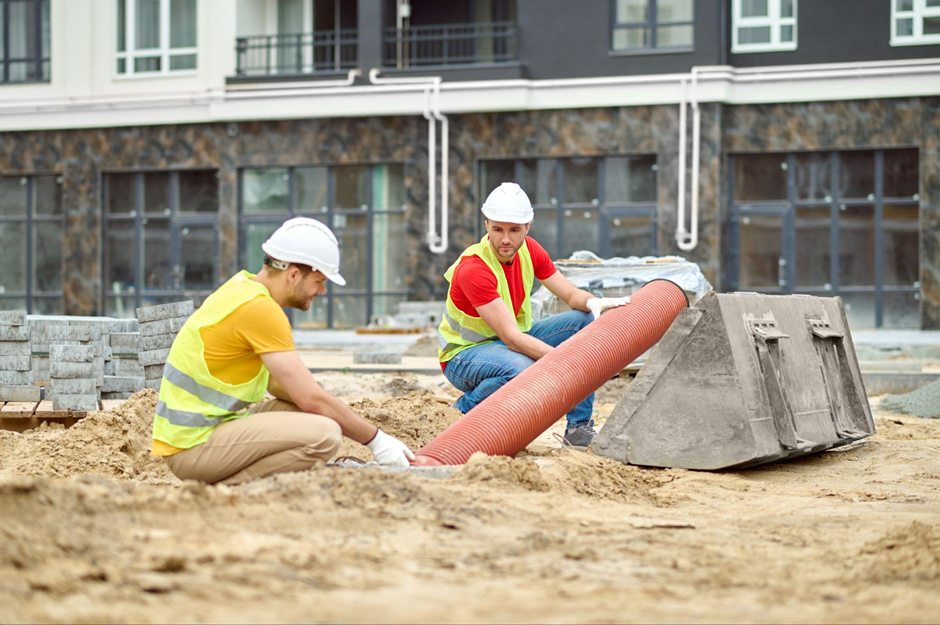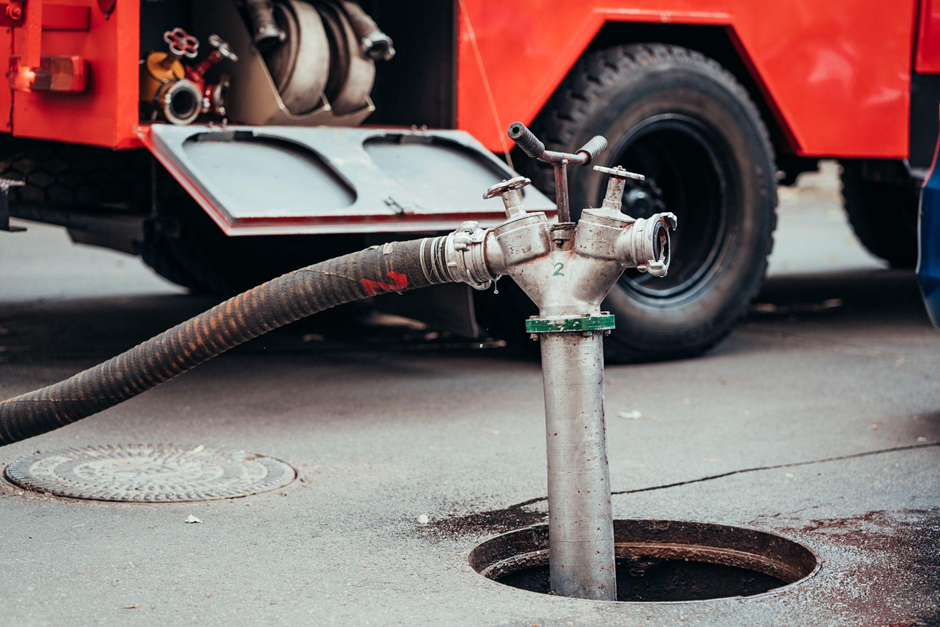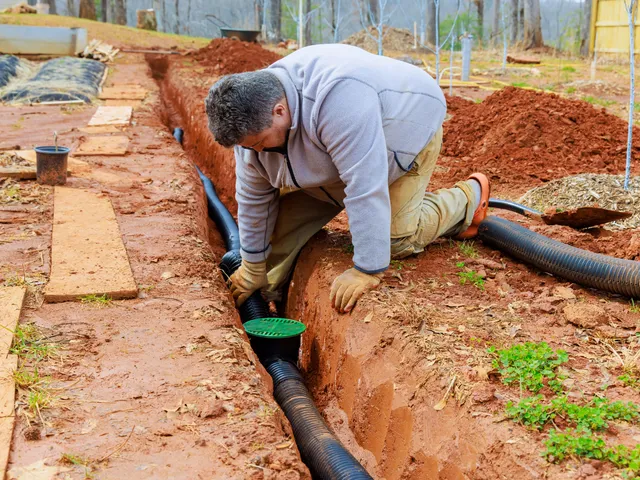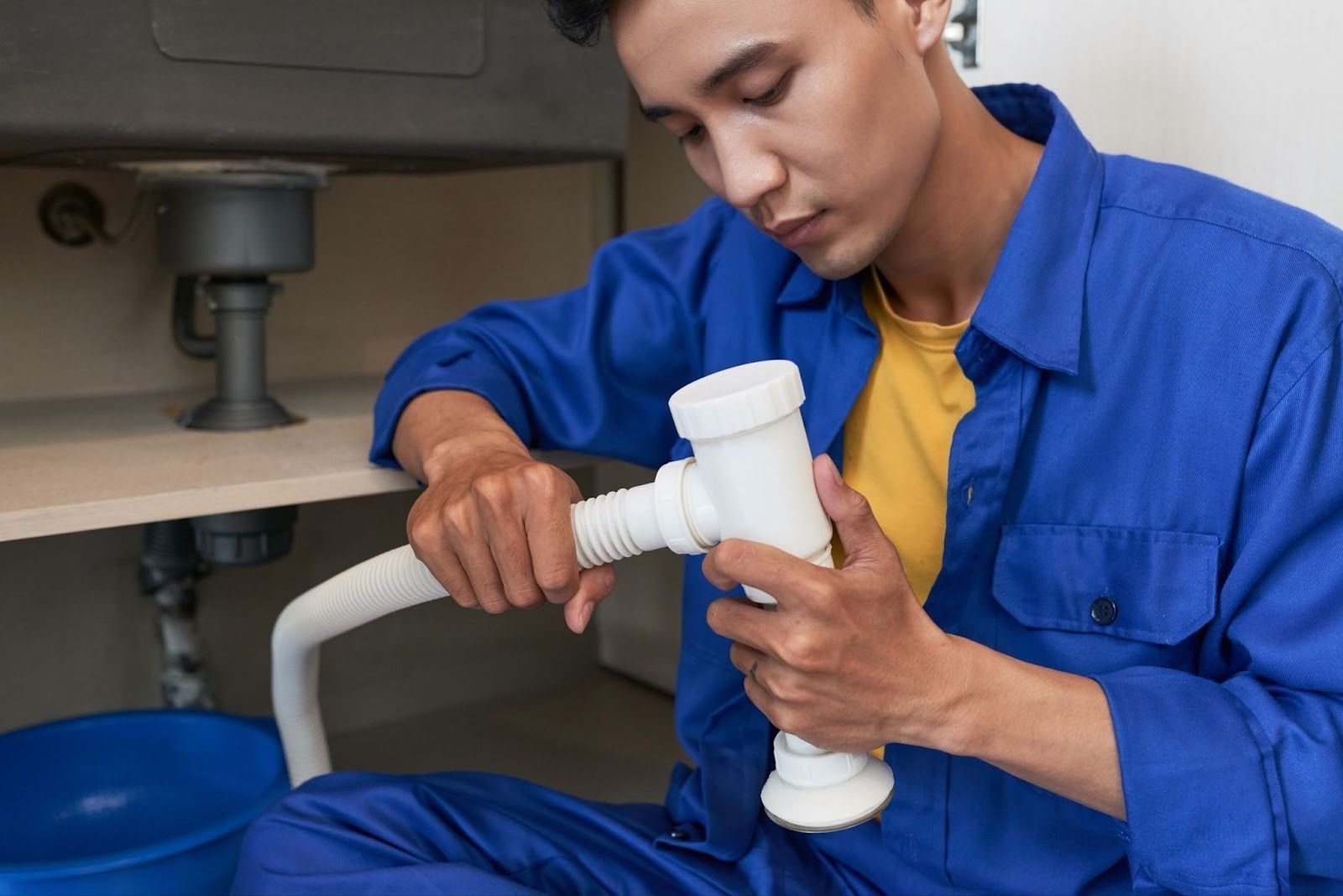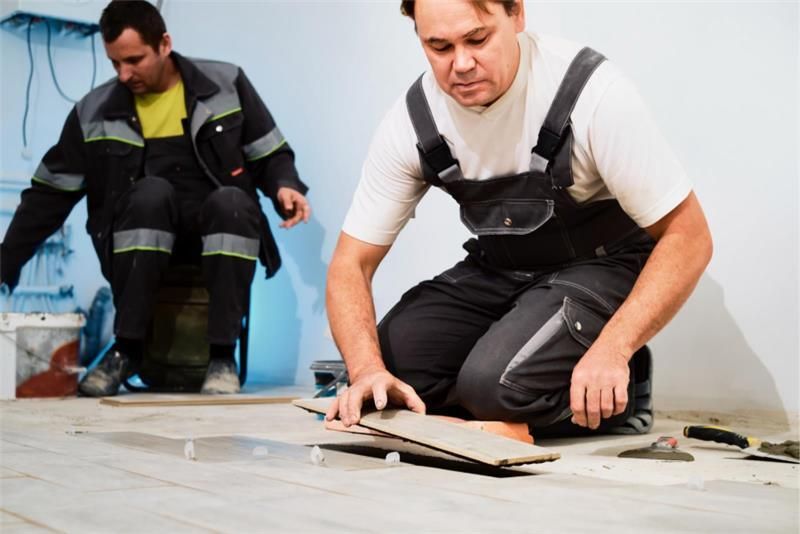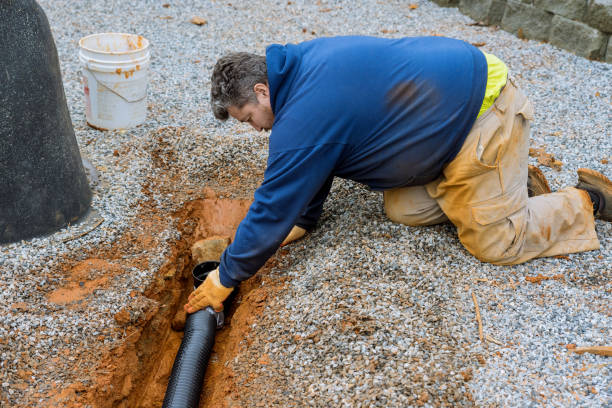What is Trenchless Sewer Repair in Denver, and When Is It the Right Choice?
Sewer line problems are more than just minor inconveniences; they can quickly escalate into major disruptions that impact your daily life and property. Leaks, blockages, or collapsed pipes can cause water damage, compromise your plumbing system, and even affect the foundation of your home or commercial building. In Denver, where older infrastructure and varying soil conditions sometimes contribute to sewer issues, property owners are increasingly seeking modern solutions that minimize disruption and maximize efficiency. One such solution gaining popularity is trenchless sewer repair Denver, a cutting-edge method that allows homeowners and businesses to repair or replace damaged sewer lines without the extensive digging associated with traditional methods. Unlike conventional excavation, trenchless technology offers a way to restore your sewer system efficiently while preserving landscaping, driveways, and other property features. This article delves into the concept of trenchless sewer repair, explores when it is the ideal choice, and explains why Denver property owners are turning to this innovative approach.
Understanding Trenchless Sewer Repair
Trenchless sewer repair is a modern plumbing technique designed to address underground pipe issues with minimal surface disruption. Traditional sewer repair often requires digging long trenches across yards, driveways, or landscaped areas, which can be messy, time-consuming, and costly. In contrast, trenchless methods involve accessing the damaged sewer line through small entry points, allowing plumbers to repair or replace pipes without large-scale excavation. Specialized equipment, such as video cameras and pipe-lining machinery, ensures that the repair is precise, effective, and long-lasting. By avoiding major digging, trenchless sewer repair protects your property’s aesthetics while providing a durable solution to a wide range of sewer problems.
The two primary techniques used in trenchless sewer repair are:
- Pipe Lining (Cured-in-Place Pipe, or CIPP)
Pipe lining, often referred to as Cured-in-Place Pipe (CIPP), involves inserting a flexible liner coated with a resin into the damaged sewer pipe. Once positioned, the liner is cured using heat or ultraviolet light, which hardens the material and creates a new, seamless pipe within the old one. This method is ideal for addressing cracks, minor leaks, or corrosion while reinforcing the structural integrity of the existing pipe. - Pipe Bursting
Pipe bursting is a trenchless replacement method that involves inserting a bursting head into the existing sewer line. As the head moves forward, it breaks apart the old pipe while simultaneously pulling a new pipe into place. This technique is particularly useful for completely collapsed pipes, upsizing existing lines, or removing obstructions such as tree roots.
Both pipe lining and pipe bursting are highly effective solutions that can resolve leaks, blockages, and other pipe-related issues. Companies like coloradowaterworks specialize in these methods, providing Denver property owners with reliable solutions that minimize disruption and restore sewer system functionality efficiently.
Benefits of Trenchless Sewer Repair
Opting for trenchless sewer repair over traditional excavation offers numerous advantages for both residential and commercial property owners. Some of the key benefits include:
| Benefit | Explanation |
|---|---|
| Minimal Property Disruption | Small access points reduce damage to lawns, driveways, patios, and landscaping, preserving the visual appeal of your property. |
| Faster Completion | Trenchless methods are typically faster than traditional excavation, allowing repairs to be completed in a fraction of the time. |
| Cost-Effective Long-Term | By reducing labor, excavation, and restoration expenses, trenchless repair often proves to be more economical over time. |
| Durability | Modern materials, such as CIPP liners, can last 50 years or more with proper maintenance. |
| Environmental Friendliness | Less soil displacement and reduced waste make trenchless repairs a more sustainable solution. |
This is paragraph These advantages make trenchless sewer replacement Denver a highly attractive choice for homeowners, commercial properties, and municipal projects, particularly when time, budget, and property preservation are critical considerations.
Signs You Might Need Trenchless Sewer Repair in Denver
Not every sewer problem requires trenchless repair, but certain warning signs indicate that this modern approach could be the most effective solution:
- Frequent sewer backups or slow drains – Regular blockages may indicate pipe damage or corrosion that requires professional intervention.
- Foul odors near your property – Persistent sewer smells can signal leaks or cracks in your underground pipes.
- Unexplained wet spots or sinkholes in your yard – These may point to leaking or collapsed sewer lines beneath the surface.
- Old or corroded pipes – Pipes made of clay or cast iron, especially those over 50 years old, are prone to deterioration.
- Tree root intrusion – Roots can penetrate sewer lines, causing blockages, cracks, or collapses.
If you notice these issues, scheduling a professional inspection from a trusted provider like coloradowaterworks is essential. Expert plumbers can assess the condition of your pipes and determine whether trenchless repair or replacement is the most appropriate course of action.
Trenchless vs Traditional Sewer Repair
Understanding the differences between trenchless and traditional sewer repair helps property owners make informed decisions. While both methods aim to restore pipe functionality, they vary significantly in terms of disruption, time, and cost:
. Click it or hit the Manage Text button to change the font, color, size, format, and more. To set up site-wide paragraph and title styles, go to Site Theme.
| Benefit | Explanation |
| Minimal Property Disruption | Small access points reduce damage to lawns, driveways, patios, and landscaping, preserving the visual appeal of your property. |
| Faster Completion | Trenchless methods are typically faster than traditional excavation, allowing repairs to be completed in a fraction of the time. |
| Cost-Effective Long-Term | By reducing labor, excavation, and restoration expenses, trenchless repair often proves to be more economical over time. |
| Durability | Modern materials, such as CIPP liners, can last 50 years or more with proper maintenance. |
| Environmental Friendliness | Less soil displacement and reduced waste make trenchless repairs a more sustainable solution. |
While traditional excavation remains necessary in certain situations, trenchless sewer repair has emerged as the preferred solution for most Denver properties due to its efficiency, reduced property impact, and long-term durability.
The Process of Trenchless Sewer Replacement in Denver
Understanding the step-by-step process of trenchless sewer replacement can help property owners feel more confident in choosing this method.
Step 1: Inspection and Assessment
Professional plumbers from coloradowaterworks use high-definition video camera inspections to examine the inside of your sewer lines. This inspection identifies cracks, blockages, corrosion, misaligned joints, and other issues, providing a clear understanding of the pipe’s condition before any repair begins.
Step 2: Choosing the Appropriate Method
Based on inspection results, the plumber recommends the most suitable trenchless technique. CIPP lining is typically used for minor leaks, small cracks, and corrosion, while pipe bursting is preferred for completely damaged pipes, pipe upsizing, or removing root blockages.
Step 3: Preparing the Site
Only small access points are dug at the pipe’s entry and exit locations, significantly reducing disruption to landscaping, driveways, and other property features. These access points allow equipment to be inserted and positioned for repair.
Step 4: Installation
- CIPP Lining: The resin-coated liner is inserted into the damaged pipe and cured, forming a durable, seamless new pipe.
- Pipe Bursting: The old pipe is broken apart, and a new pipe is simultaneously pulled into place, creating a fully restored sewer line.
Step 5: Final Inspection
After installation, a follow-up video inspection ensures that the repair was successful. The plumber verifies that the new line is leak-free, properly aligned, and ready for long-term use.
Cost Considerations for Trenchless Sewer Repair
While trenchless sewer repair may appear expensive upfront, it often saves money in the long term due to reduced labor, excavation, and restoration costs. Several factors influence the overall cost:
- Pipe length and diameter – Longer or wider pipes require more material and labor.
- Degree of damage – Extensive damage may increase complexity and costs.
- Method chosen – CIPP lining and pipe bursting differ in materials and equipment requirements.
- Accessibility – Easier access points reduce labor time and cost.
Because trenchless repair minimizes the need for excavation and landscaping restoration, homeowners often experience significant savings compared to traditional methods. For an accurate estimate, scheduling a detailed evaluation with coloradowaterworks ensures a precise quote tailored to your property.
When Trenchless Sewer Repair Is the Right Choice
Trenchless sewer repair in Denver is ideal for:
- Residential or commercial properties with extensive landscaping – Preserves lawns, gardens, and hardscaping.
- Homes with limited yard space or driveways – Avoids the need to dig large trenches in tight areas.
- Areas where minimizing disruption is a priority – Reduces noise, mess, and inconvenience.
- Aging sewer systems with minor to moderate damage – Restores functionality without full pipe replacement.
- Situations where a durable, long-lasting solution is required – Modern materials provide decades of reliable service.
However, trenchless repair may not be suitable if pipes are fully collapsed in difficult-to-access locations. Professional assessment is essential for determining the best course of action.
Maintenance Tips After Trenchless Sewer Repair
Maintaining your sewer system after trenchless repair ensures long-term performance and reduces the likelihood of future issues:
- Avoid flushing non-biodegradable materials, grease, or foreign objects.
- Schedule professional inspections every 2–3 years to catch potential problems early.
- Monitor for slow drainage, foul odors, or unusual water backup.
- Control tree root growth near sewer lines to prevent pipe intrusion.
By following these maintenance tips, property owners can protect their investment in trenchless sewer replacement Denver and avoid costly repairs in the future.
Conclusion
Trenchless sewer repair represents a modern, efficient, and minimally invasive solution for sewer line problems in Denver. Whether it’s a minor repair or a full trenchless sewer replacement, this technology preserves your property’s aesthetics while delivering durable, long-term results. By engaging professional services from experienced providers like coloradowaterworks, Denver property owners can enjoy accurate assessments, high-quality repairs, and peace of mind knowing their sewer system is reliable for decades to come. Contact us today to schedule an inspection or learn more about how trenchless sewer repair can benefit your property.
FAQs About Trenchless Sewer Repair in Denver
Q1: How long does trenchless sewer repair take?
Most residential repairs are completed within 1–3 days, depending on pipe length, damage, and the chosen method.
Q2: Is trenchless sewer repair more expensive than traditional methods?
Initial costs may be similar or slightly higher, but long-term savings on excavation, labor, and restoration make it cost-effective.
Q3: Can trenchless repair handle tree root damage?
Yes, trenchless techniques, especially pipe bursting, can remove old pipes and root obstructions effectively.
Q4: How long does a trenchless sewer line last?
Modern CIPP liners can last up to 50 years with proper care and maintenance.
Q5: Are all Denver properties eligible for trenchless sewer repair?
Most properties are suitable, but a professional inspection by coloradowaterworks ensures proper assessment and method selection.

